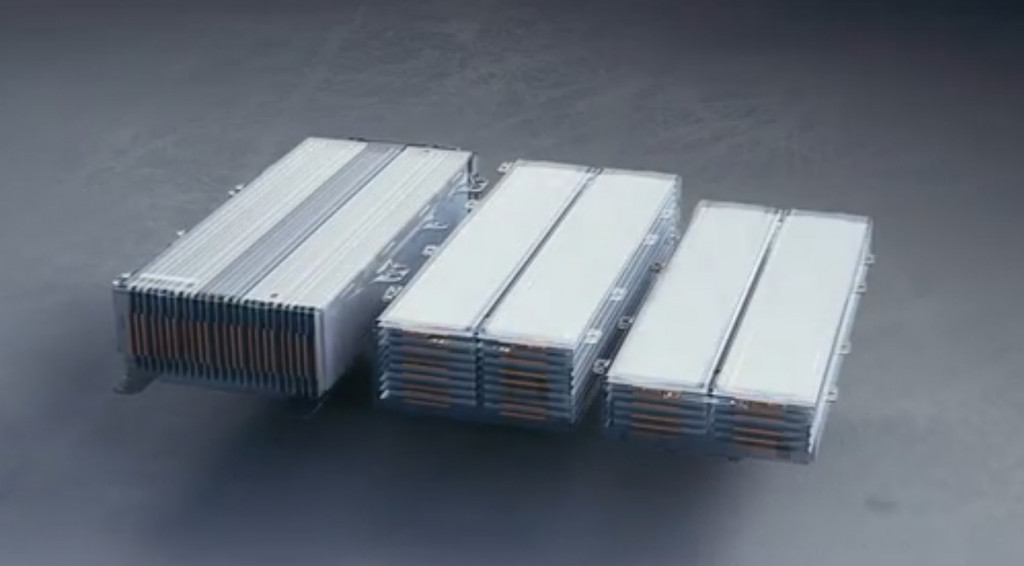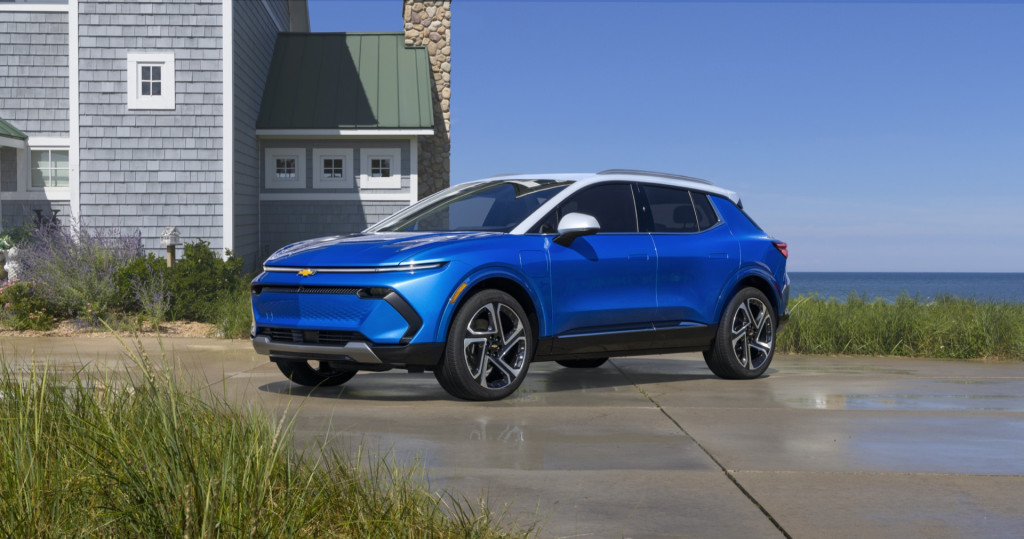General Motors has hired former Tesla battery-development boss Kurt Kelty as its new vice president of batteries.
In this newly-created position, Kelty will be tasked with bringing together GM's development resources "to more quickly deliver profitable, lower-cost, higher performing electric vehicles to customers at scale," and will report directly to GM president Mark Reuss, the automaker said in a press release Thursday.

GM Ultium battery - cell stacking
Kelty was most recently vice president of battery firm Sila, helping to push adoption of that company's silicon anode tech that's slated for use in the upcoming Mercedes-Benz EQG electric SUV. Prior to that, Kelty led the battery development team at Tesla for 11 years and drove the creation of that automaker's Nevada "Gigafactory" with Panasonic, which was also the company that got Kelty started with lithium-ion batteries in 1993.
"For more than 30 years, I've been focused on helping develop and commercialize battery technologies that will aid in the transition to electric transportation," Kelty said in a statement. "Joining GM creates an even bigger opportunity to help the industry make the switch and have a lasting impact on our planet."
GM's production ramp on its Ultium-powered EVs has been going very slowly, reportedly due to supply of batteries. That's caused GM to miss production targets and likely delayed the launch of more-affordable EVs.

2024 Chevrolet Equinox EV
Meanwhile, GM CEO Mary Barra has underscored that the company is flexible on battery cells in its EV ramp. That led to the announcement last year that a new joint venture with Samsung will make cylindrical batteries—perhaps good for lower-profile, more efficient vehicles, or sports cars. GM also last year acquired the battery-health startup ALGOLiON, and earlier this week it confirmed plans to spend $19 billion on sourcing battery raw materials from LG Chem through 2035.
The Chevy Equinox EV is due to start at $34,995, with an estimated 319 miles of range, making it the lowest-cost Ultium EV announced so far. The next-generation Bolt EV will have an LFP battery pack and is expected to cost less than that. EV tax credit aside, neither of these models quite challenge the value of similarly-sized internal-combustion vehicles.












